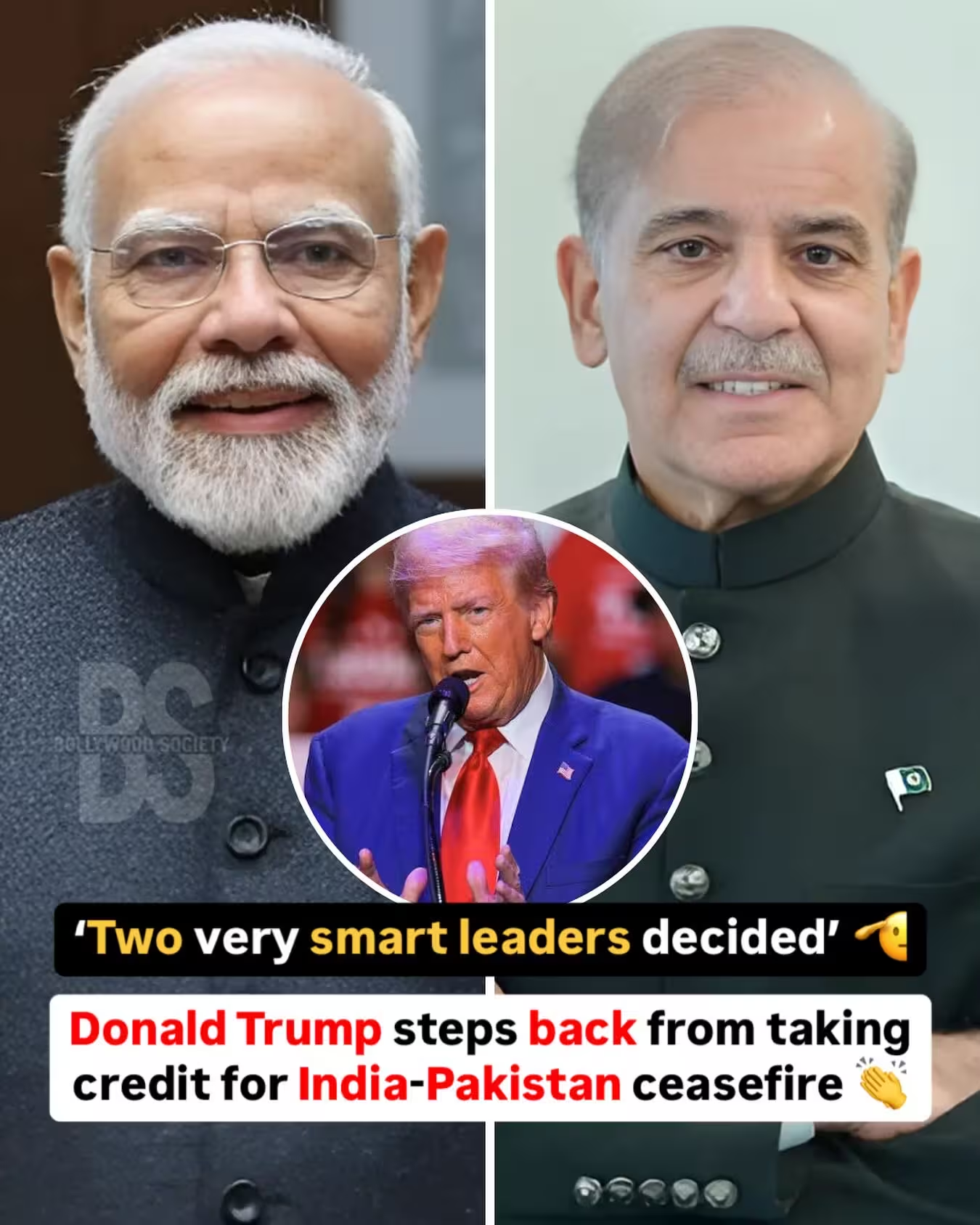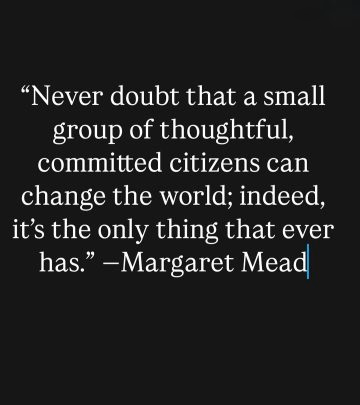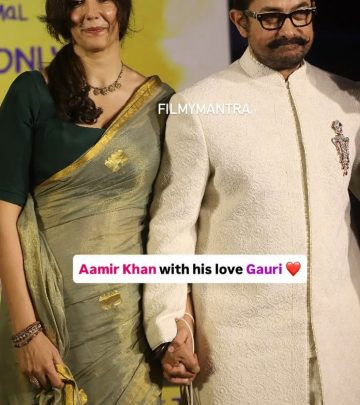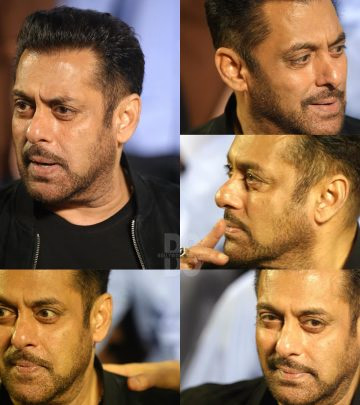Trump On India-Pak Nuclear Tensions
Trump: Two wise leaders halt nuclear brink, marking historic tone shift in global conflict

Image: Instagram
US President Donald Trump has, in a notable change of tone, acknowledged that the two leaders from India and Pakistan – whom he described as “very smart” – had decided not to escalate conflicts that risked turning into a nuclear war. This marks the first time in several weeks that he refrained from crediting himself for defusing the tense situation between the nations.
Trump Acknowledges Decision
In a statement reported by Mint, Trump highlighted the decision taken by the respective heads of India and Pakistan. While previous reports often saw him positioning himself as the key mediator in international disputes, his latest remarks place the credit squarely on the shoulders of the regional leaders. The president noted that the decision to step back from a potential nuclear brink was made independently, emphasizing the intelligence and resolve of the leaders involved.
The statement arrives amid ongoing diplomatic efforts and behind-the-scenes negotiations that have kept international observers on edge for weeks. Trump’s unusual choice to not take credit himself signals a subtle yet significant shift in his tone and rhetoric. Analysts suggest that this deviation from his typical self-aggrandizing style could be reflective of a broader recognition of the evolving dynamics in international diplomacy.
A Shift In Tone
Historically known for his bold declarations and assertive claims, Trump’s comments have now taken on a more measured quality. By openly crediting the wise decision of both leaders, he appears to endorse a collaborative approach rather than a unilateral resolution. This perspective, rare in his public communications, might hint at a reorientation in how global conflicts are being approached by some of the world’s most influential figures.
The impact of his statement is not limited to diplomatic circles alone. Social media platforms and traditional news outlets have picked up on the nuance of his message, with many observers noting that his acknowledgment of the smart decision-making process marks a departure from his established narrative. One popular Instagram post by Bollywood Society—the lifestyle and entertainment handle known for its engaging coverage of celebrity news—mirrored the commentary, drawing parallels between diplomacy and leadership qualities often celebrated in the film and entertainment industry.
Social Media Echoes
Among the online chatter, several accounts have been quick to point out the irony of a former reality TV star and businessman—now firmly entrenched in politics—backing down from his usual boastful stance. Bollywood Society, known for its vibrant mix of celebrity insights and trending news stories, even shared excerpts that resonated with the broader conversation on social media. These posts provided a window into how the public’s reception of political maneuvers can often cross over into the realm of celebrity and lifestyle commentary.
Experts in international relations have weighed in on the statement, noting that such public acknowledgments help underscore the importance of regional cooperation in avoiding catastrophic outcomes. The decision not to prolong hostilities, especially in a context where the risks of nuclear escalation loom large, brings a measure of relief to global stakeholders. While Trump’s announcement avoids any detailed diplomatic jargon, it opens up a discussion about the balance between self-promotion and genuine acknowledgement of others’ efforts in critical matters.
Diplomacy And The Public Eye
The timing of this announcement is also significant. It follows a period of heightened tensions in the region, where the possibility of nuclear conflict was a topic of international concern. By stepping back from previous narratives of personal heroism, Trump effectively shifts the discourse to a more collective responsibility model. The comment not only defuses immediate tensions but also sets a precedent for how political leaders might engage in future crises.
This rare moment of deference and recognition of collaborative problem-solving has been dissected by political commentators and social media influencers alike. While some see it as a sign of maturity and a needed evolution in his public persona, others remain skeptical, considering it perhaps a calculated move to align with contemporary diplomatic norms.
Observing reactions from across the digital landscape, it is evident that this statement has added a nuanced layer to an already complex situation. The dialogue now centers not only on the immediate decision but also on the broader implications for international relations and leadership styles in times of crisis. Whether this marks a temporary pause or a more lasting change in Trump’s approach remains to be seen; however, it undeniably adds a thoughtful twist to what has been a string of high-octane political theatrics.
Ultimately, this development serves as a reminder that even the most prominent figures can sometimes step aside to let the efforts of other leaders shine. The decision by the leaders of India and Pakistan to eschew further conflict in favor of a more balanced approach speaks volumes about the potential for cooperation in even the most challenging environments. The episode is now set to be closely watched by both political analysts and casual observers, as it may well influence future diplomatic engagements in the region.
Read full bio of Jehangir Irroni
























